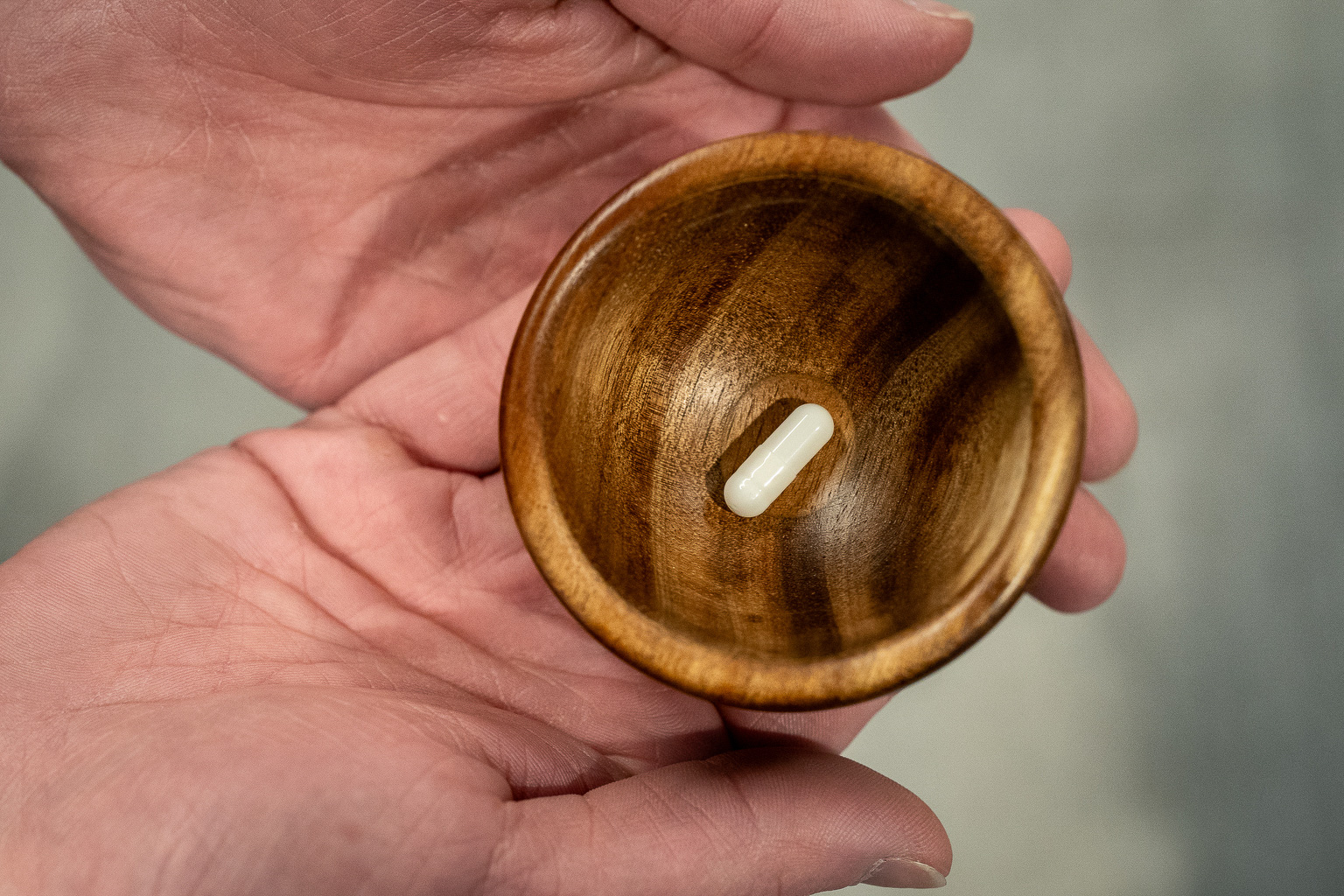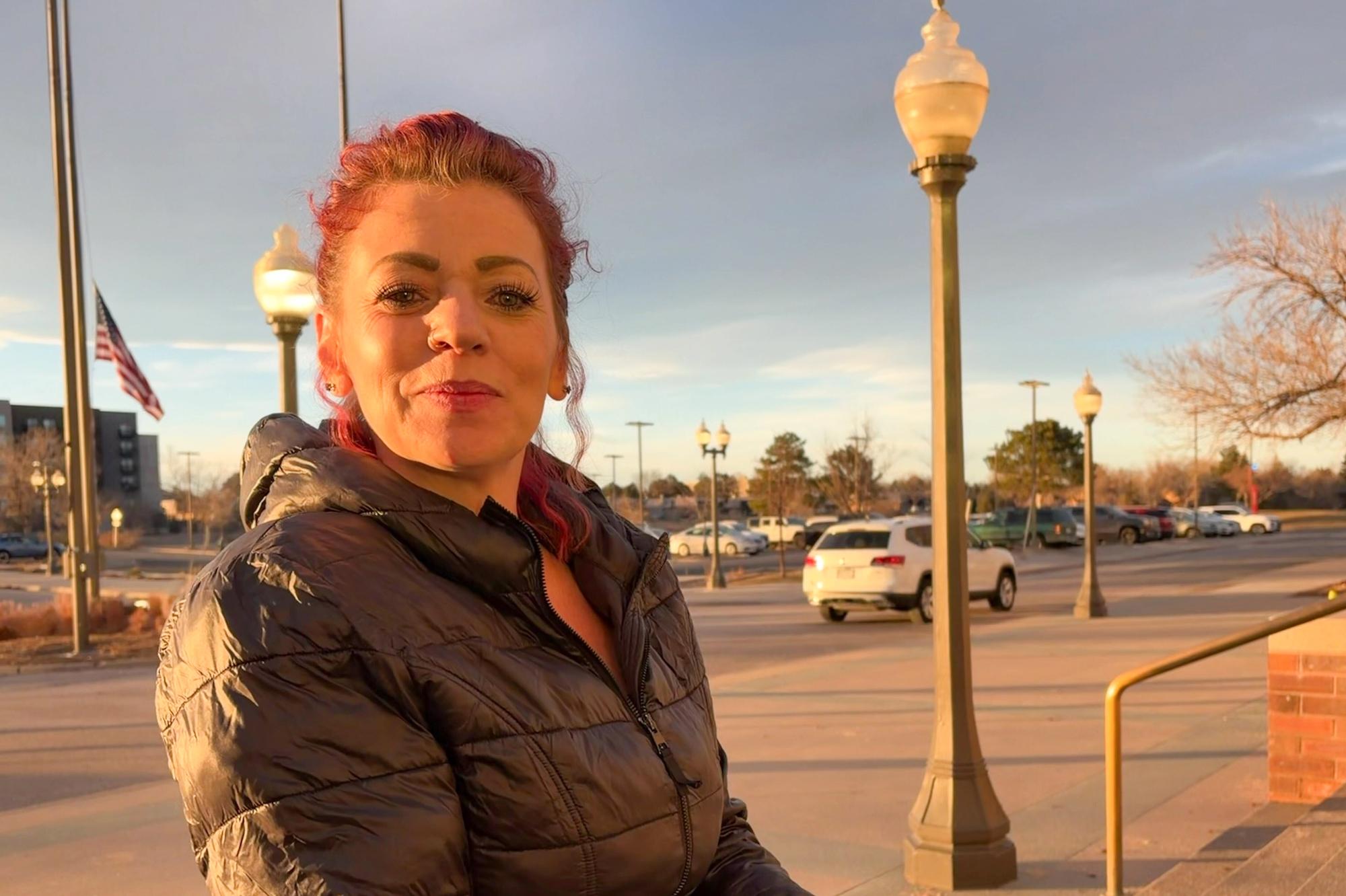
In a 6-3 vote, Colorado Springs City Council passed an ordinance Tuesday restricting the location of psilocybin healing centers and businesses within city limits.
The ordinance would prohibit psilocybin healing centers within one mile of any school, daycare or drug treatment center. It would also prohibit businesses that cultivate, manufacture or test psilocybin products within 1,000 feet of the same locations.
Critics say the new law is functionally a city ban on the centers, which are meant for therapeutic purposes — to treat conditions such as PTSD and addiction. Colorado voters legalized psilocybin in 2022, removing many criminal penalties related to possessing and using psilocybin mushrooms and some other psychedelic drugs. Sales as well as open display and consumption of psilocybin remain illegal.
“I believe there are medical uses for psilocybin,” City Council member Dave Donelson said. “I have a friend who benefited from it. He went to Mexico and he came back better. And he will tell you that he's told me that it was, it's important for his life.”
“However, at the same time, the citizens of El Paso County voted against Proposition 122 — 151,728 votes to 124,736,” he said. “So, I think we need to find a middle ground between what passed at the state level and what the citizens here want.”
Prop 122, which passed statewide but didn’t gain majority support in El Paso County, has allowed for the creation of an entire industry in Colorado; from guided psychedelic experiences, to the opening of healing centers focused on psilocybin therapy, to a university training certificate program for psilocybin facilitators. Only one other state, Oregon, has implemented a similar legal framework for allowing therapeutic use of psychedelics.
Donelson noted that residents of Colorado Springs would still have access to treatment and didn’t consider the new law prohibitive. He said, citing experts who presented to City Council, a normal therapeutic treatment would be between one to three sessions.
“If this was a treatment that you needed twice a week indefinitely, like a chiropractor or some other treatment like that, I would see it as different, that it needs to be dispersed throughout the city,” Donelson said. “But it doesn't fit that category for me.”
The Colorado Springs ordinance is more strict than what Prop 122 allows, which places a 1,000 foot restriction on healing centers and no restrictions on other businesses. Municipalities have the ability to adjust those location requirements, according to the Colorado Springs city attorney. The ordinance’s mile long prohibition means healing centers would likely be pushed out of city limits.
“Well yeah, this is El Paso County,” said Councilmember Yolanda Avila, who voted against the ordinance and attempted to lower the restrictions to 1,000 feet, then later 2,000 feet. Both amendments failed.
Earlier this year, Colorado Springs City Council passed a similar restriction on recreational marijuana. It pre-emptively banned recreational marijuana shops from operating within a mile of the same type of buildings, but in November, voters approved recreational sales of cannabis in the city.









